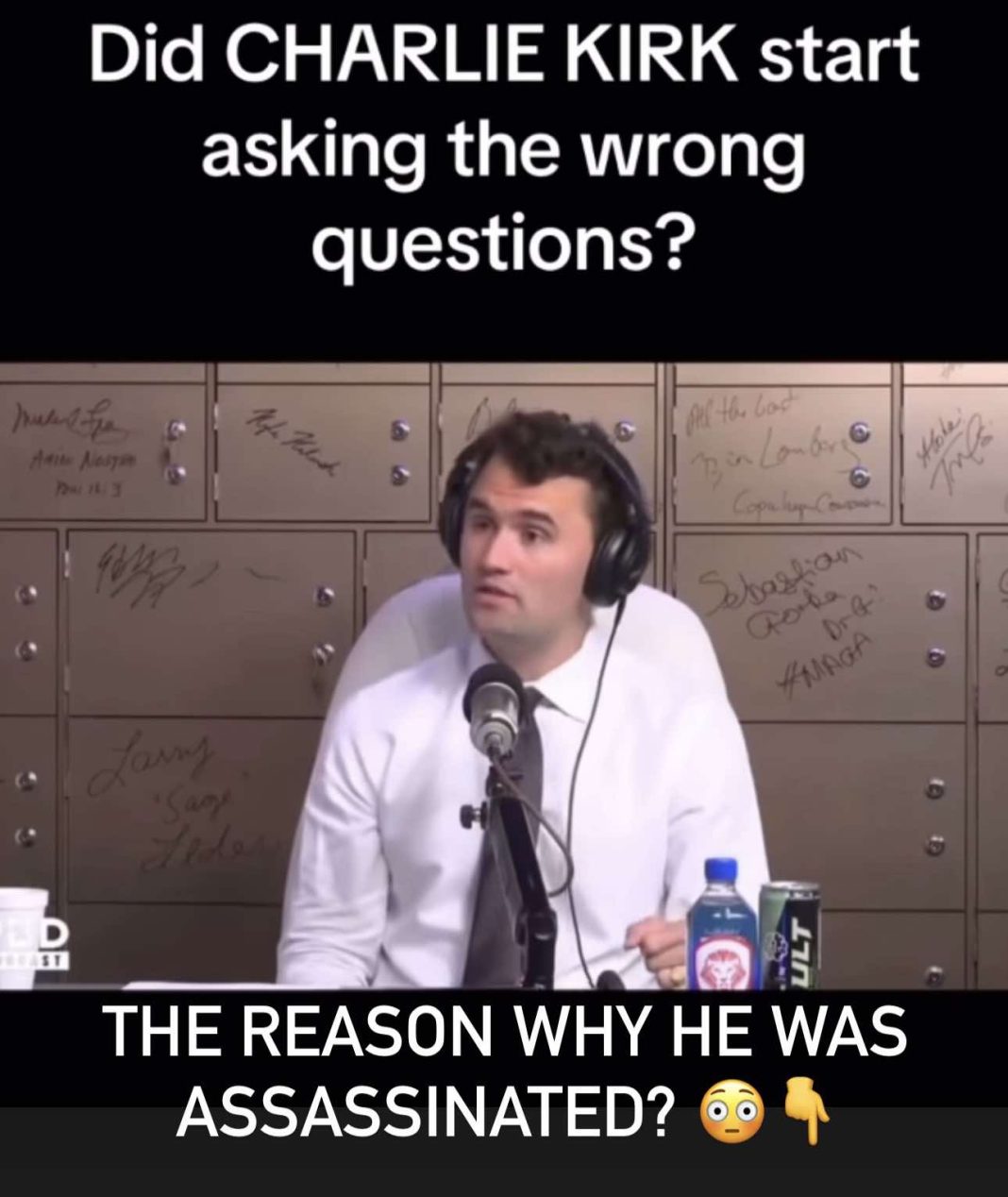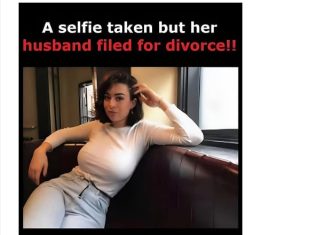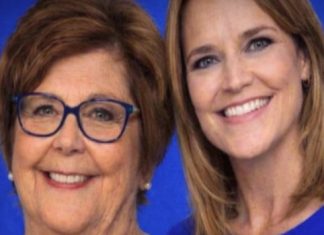The Impact and Controversy Surrounding Charlie Kirk’s Tragic Shooting
On a shocking afternoon at Utah Valley University, Charlie Kirk, a prominent right-wing activist and co-founder of Turning Point USA, was shot during a public appearance. This tragic event instantly transformed Kirk, a figure known for his vigorous advocacy of conservative values and his viral “Prove Me Wrong” videos, into a focal point of intense national discourse. The shooting not only sparked widespread media coverage but also ignited significant discussions regarding political expression, free speech, and the potential consequences of vocal dissent. As social media buzzes with reactions ranging from outrage to sympathy, many are left pondering whether Kirk’s controversial positions were directly linked to this violent act.
Kirk has long been an outspoken supporter of Israel, a stance that earned him praise from high-profile political figures, including Israeli Prime Minister Benjamin Netanyahu. Netanyahu referred to Kirk as a “lion-hearted friend of Israel,” highlighting the influence Kirk held within conservative circles. Following Kirk’s untimely death, Netanyahu expressed his condolences, stating, “Kirk fought the lies and stood tall for Judeo-Christian civilization.” This admiration underscores Kirk’s significant role in shaping the perspectives of younger voters who resonate with his passionate defense of conservative principles. His ability to engage audiences through social media and public appearances has made him a leading voice in contemporary conservative thought.
In the aftermath of his death, Kirk’s positions on Israel became a central point of inquiry, particularly considering the timing of his remarks leading up to the shooting. In a video posted to X on July 28, he vehemently dismissed claims that Israel was “starving Gazans,” a statement made during a period marked by increasing humanitarian concerns in Gaza. This dismissal did not go unnoticed, as it sparked debates across various platforms about the ethics of such claims amidst escalating violence. Kirk’s approach to contentious issues, particularly the Israel-Palestine conflict, has often invited polarizing debates, showcasing the deep divisions within the American political landscape. Furthermore, his comments about the October 7 Hamas attack, where he raised disturbing questions about potential government “stand down orders,” illustrate the contentious nature of his public persona and the risks of challenging mainstream narratives.
The shooting quickly sparked a whirlwind of conspiracy theories and fervent discussions online, with many suggesting that Kirk’s outspoken views may have put him in peril. Following a heated debate he moderated at the Student Action Summit in 2025, where he engaged with libertarian commentator Dave Smith and political analyst Josh Hammer, Kirk had expressed concerns about strong forces being “after him.” This particular debate was marked by intense exchanges about U.S. foreign policy, especially concerning the influence of neoconservatives and military interventions—issues that are increasingly fracturing the traditional alliances within conservative ideology. As Kirk continued to push back against established norms, the risks associated with his rhetoric became alarmingly apparent.
The fallout from the debate led many to speculate about the implications of Kirk’s critiques against the Israeli government and its policies. Some social media users drew parallels between Kirk’s fate and historical political assassinations, suggesting that his evolving stance on Israel might have placed him on a dangerous path. Comments on platforms like Instagram have questioned whether Kirk’s assassination was a warning to others within conservative ranks who may dare to deviate from established pro-Israel narratives. “If they can kill the face of the resistance, they hope the body will shut down,” one post read, reflecting the deep fears and conspiratorial thinking surrounding his death. Such sentiments underscore the growing anxiety within political circles, as individuals grapple with the increasingly hostile environment for dissenting opinions.
The tragic event has prompted a much broader discourse about the safety of public figures who challenge prevailing political ideologies. As Kirk’s legacy continues to spark heated debates, it raises critical questions about the limits of free speech and the repercussions of political dissent. In the current climate, where political polarization is rampant, the stakes for those who speak out can be alarmingly high. Whether Kirk’s death will serve as a catalyst for change in how political discourse is conducted remains to be seen, but it undeniably illustrates the potent mixture of ideology and violence that continues to plague contemporary politics. The conversations that arise in the wake of such tragedies are crucial for understanding the complexities of free expression in a divided society.
As society grapples with the implications of Kirk’s assassination, it serves as a poignant reminder of the fragility of political expression. The dialogue surrounding his life and death raises essential questions about the nature of activism, the power of rhetoric, and the potential consequences of challenging the status quo. In this era of heightened political tension, the hope is that Kirk’s untimely demise will lead to a reevaluation of how society engages with dissenting voices. The legacy he leaves behind may be as impactful as his influence on young conservatives, prompting much-needed conversations about the intersection of politics, ideology, and the pursuit of truth. The tragic reality remains that as long as voices like Kirk’s exist within the political landscape, the potential for backlash will also persist, necessitating a broader understanding and respect for the principles of dialogue and debate.

















